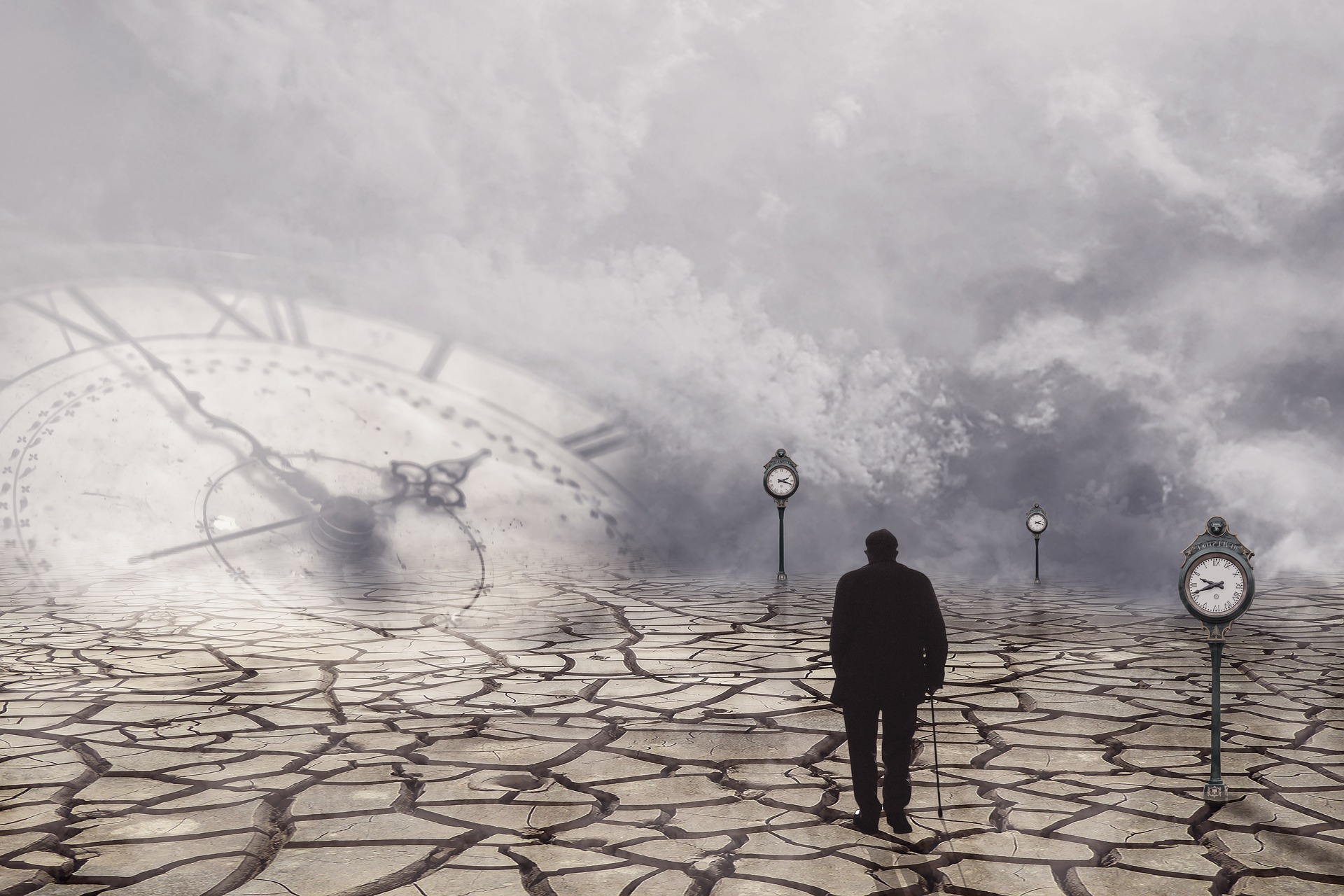Time is one of the most mysterious and subjective aspects of human experience. As children, a single summer vacation seemed to stretch on forever, while in adulthood, years can pass in the blink of an eye. Many people report that time appears to accelerate as they age, but why does this happen? Scientists and psychologists have long studied the phenomenon, uncovering several theories about perception, memory, and brain processing that may explain why time seems to speed up as we grow older.
The role of memory and novelty
One of the most widely accepted explanations for the feeling of time speeding up is the “novelty hypothesis.” When we experience something new, our brain devotes more cognitive resources to processing and storing the details of the event. This makes those experiences feel richer and longer in hindsight.
For children, nearly everything is a novel experience—learning new words, making new friends, and discovering how the world works. Because their brains are constantly encoding fresh experiences, time feels stretched. In contrast, as we grow older, life becomes more predictable. We settle into routines, and fewer events stand out as unique or memorable. This leads to fewer detailed memories, making time appear to pass more quickly when looking back.
Research suggests that people who actively seek out new experiences, learn new skills, or travel to unfamiliar places may slow down their perceived passage of time. Novelty forces the brain to engage deeply, making experiences feel richer and longer.
Brain processing speed and perception of time
Another factor influencing time perception is the way the brain processes information. Studies have shown that younger brains process more sensory information per second than older brains. This means that for a child, a minute may feel longer because their brain is taking in and analyzing more data.
As we age, our neuronal processing speed declines, leading to fewer new memories being stored and fewer sensory details being encoded. This results in the perception that time is passing more quickly because our brain is simply processing less information in the same period.
Neuroscientists believe that the dopaminergic system, responsible for motivation and attention, plays a role in time perception. Dopamine levels decline with age, leading to decreased alertness to time-based experiences. This could explain why childhood summers felt endless, while adult years seem to disappear without warning.
The “proportional theory” of time perception
A mathematical explanation for time speeding up is the “proportional theory,” first proposed by French philosopher Paul Janet in the late 19th century. The idea is that we experience time in proportion to the length of our lives.
For example, to a 5-year-old, a single year represents 20% of their entire life experience. To a 50-year-old, however, one year is only 2% of their total lived experience. Because each year becomes a smaller fraction of our life, it seems to pass more quickly. This theory suggests that our perception of time is relative, and as we age, each new year feels shorter compared to the total time we have already experienced.
Emotional states and time perception
Our emotional state also plays a crucial role in how we perceive time. Stress, anxiety, and depression can distort our sense of time, making certain moments feel unbearably slow while entire weeks or months seem to vanish.
Psychologists have found that boredom and monotony slow down time, while excitement and engagement make it speed up. This is why time seems to drag on during a dull workday but fly by when we are on vacation. Interestingly, in retrospect, we remember slow, uneventful periods as passing quickly because they leave little lasting impact on our memory. Meanwhile, highly engaging experiences feel short in the moment but long in our recollection because they are packed with detail.
This could explain why many people felt that time moved differently during the COVID-19 pandemic—periods of lockdowns and isolation blurred together, while major events stood out, distorting our perception of time.
Cultural differences in time perception
Interestingly, different cultures perceive time in unique ways. In fast-paced, industrialized societies, people often feel that time is slipping away due to constant busyness and external pressures. In contrast, cultures with a more relaxed approach to life—such as some indigenous communities or rural societies—often report feeling that time moves more slowly.
Studies suggest that time perception is deeply tied to lifestyle, societal expectations, and even language. For example, languages that describe time as a spatial concept (e.g., “a long day” or “time is running out”) may reinforce the idea that time is something that moves at different speeds.
The paradox of time perception
Ultimately, the feeling that time speeds up as we age is a paradox—it is not that time itself moves faster, but that our perception of it changes. The more routine and predictable life becomes, the more it seems to slip away unnoticed. However, by embracing novelty, mindfulness, and intentional living, we can counteract this phenomenon and reclaim our sense of time.
Though time will always move forward, how we experience it remains within our control.





